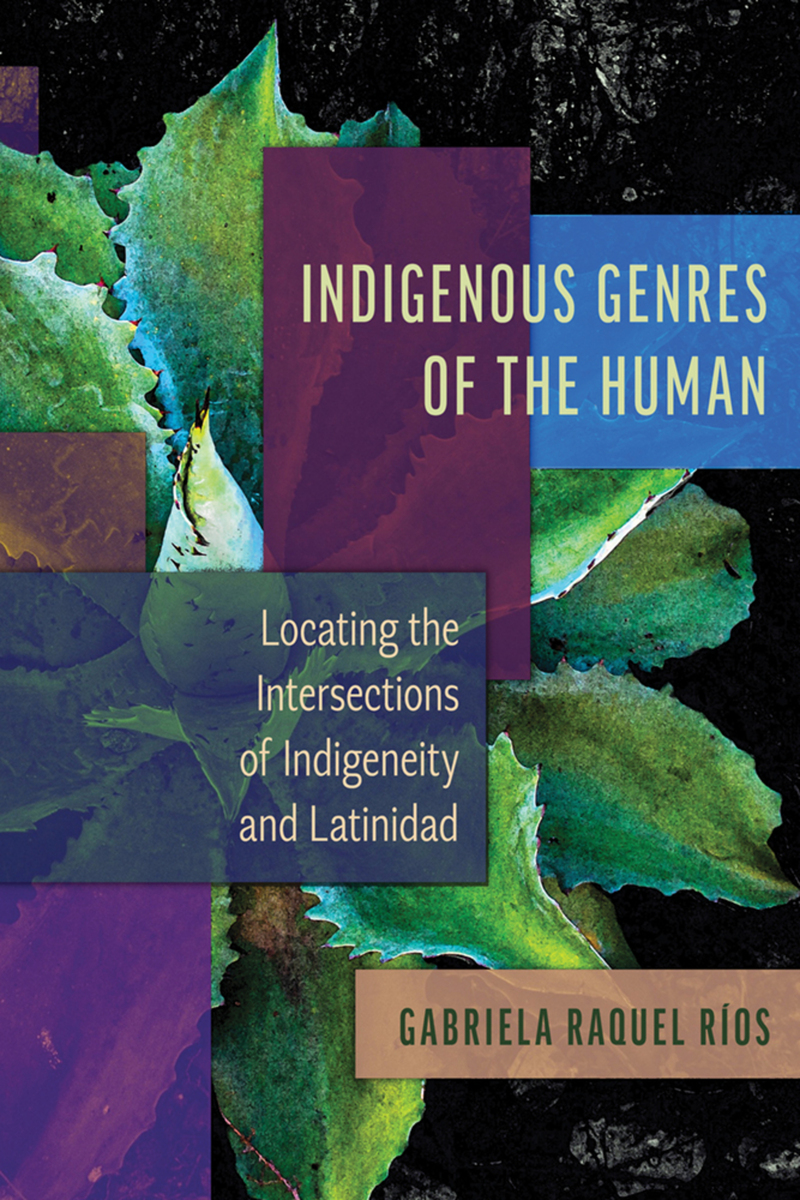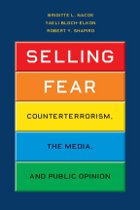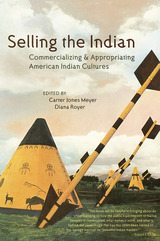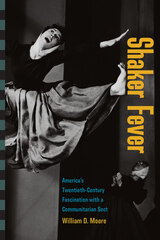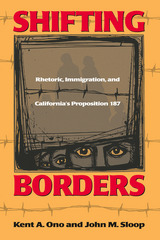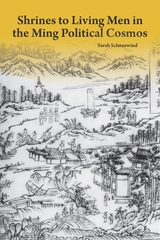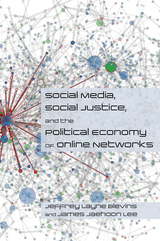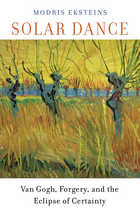Indigenous Genres of the Human: Locating the Intersections of Indigeneity and Latinidad
University of Arizona Press, 2026
Cloth: 978-0-8165-5267-2 | Paper: 978-0-8165-5266-5 | eISBN: 978-0-8165-5268-9 (standard)
See other books on: Hispanic & Latino Studies | Human | Indigenous Studies | Latinidad | Rhetoric
See other titles from University of Arizona Press
Cloth: 978-0-8165-5267-2 | Paper: 978-0-8165-5266-5 | eISBN: 978-0-8165-5268-9 (standard)
ABOUT THIS BOOK | AUTHOR BIOGRAPHY | REVIEWS
ABOUT THIS BOOK
In this work, scholar Gabriela Raquel Ríos considers how Latina/o/x communities engage in the ethical reclamation of indigeneity. Through case studies that include testimonios and other Indigenous storytelling practices, Ríos reveals how cultural logics of colonization continue to shape—and often constrain—understandings of indigeneity across Latin America and in the United States.
Addressing different genres of human and what contemporary indigeneity and reclaiming indigeneity looks like across Latin American contexts, chapters in this work examine digital bruja poetry, Aymara women’s Lucha Libre in Bolivia, Raramuri dance in Mexico, and Indigenous Khipu in the Andes. The author weaves her own story of being from southern Texas and traveling to Mexico throughout the book.
Bridging Sylvia Wynter’s theory of “genres of the human” with critical Latinx indigeneity studies, Chicana/o/x studies, decolonial theory, and rhetorical new materialisms, this book challenges readers to rethink what it means to be human, Indigenous, and Chicanx in the wake of colonial violence. Rather than reinforcing binaries defined by settler colonialism, Ríos proposes a framework that centers community knowledge and grounded practices. Her work opens space for dialogue, listening, and healing, emphasizing that reclaiming indigeneity requires attention to the stories, movements, and rhetorical practices that emerge from within communities themselves.
Addressing different genres of human and what contemporary indigeneity and reclaiming indigeneity looks like across Latin American contexts, chapters in this work examine digital bruja poetry, Aymara women’s Lucha Libre in Bolivia, Raramuri dance in Mexico, and Indigenous Khipu in the Andes. The author weaves her own story of being from southern Texas and traveling to Mexico throughout the book.
Bridging Sylvia Wynter’s theory of “genres of the human” with critical Latinx indigeneity studies, Chicana/o/x studies, decolonial theory, and rhetorical new materialisms, this book challenges readers to rethink what it means to be human, Indigenous, and Chicanx in the wake of colonial violence. Rather than reinforcing binaries defined by settler colonialism, Ríos proposes a framework that centers community knowledge and grounded practices. Her work opens space for dialogue, listening, and healing, emphasizing that reclaiming indigeneity requires attention to the stories, movements, and rhetorical practices that emerge from within communities themselves.
See other books on: Hispanic & Latino Studies | Human | Indigenous Studies | Latinidad | Rhetoric
See other titles from University of Arizona Press
